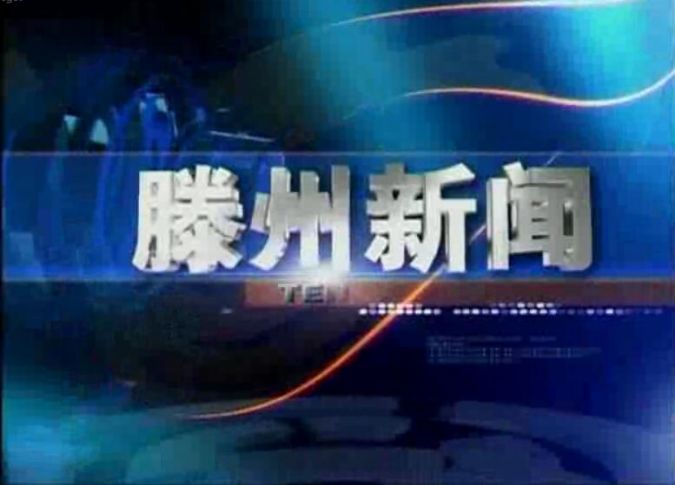
Chinese President Xi Jinping, also general secretary of the Communist Party of China (CPC) Central Committee and chairman of the Central Military Commission, addresses the opening of a study session at the Party School of the CPC Central Committee (National Academy of Governance) on Feb. 7, 2023. The session was attended by newly-elected members and alternate members of the CPC Central Committee, as well as principal officials at the provincial and ministerial levels. (Xinhua/Li Xueren)
*Chinese President Xi Jinping on Tuesday stressed the importance of correctly understanding and vigorously advancing Chinese modernization.
*The summation and elaboration of the theory of Chinese modernization is a major theoretical innovation achieved at the 20th CPC National Congress, and it represents the latest major achievement in developing scientific socialism, Xi said.
*Advancing Chinese modernization is a systematic endeavor, Xi stressed, adding that it is also an exploratory undertaking.
BEIJING, Feb. 7 (Xinhua) -- Chinese President Xi Jinping on Tuesday stressed the importance of correctly understanding and vigorously advancing Chinese modernization.
Xi, also general secretary of the Communist Party of China (CPC) Central Committee and chairman of the Central Military Commission, made the remarks while addressing the opening of a study session at the Party School of the CPC Central Committee (National Academy of Governance).
The session was attended by newly-elected members and alternate members of the CPC Central Committee, as well as principal officials at the provincial and ministerial levels.
The summation and elaboration of the theory of Chinese modernization is a major theoretical innovation achieved at the 20th CPC National Congress, and it represents the latest major achievement in developing scientific socialism, Xi said.
The opening ceremony was presided over by Li Qiang, and attended by Zhao Leji, Wang Huning, Cai Qi, Ding Xuexiang, and Li Xi. They are all members of the Standing Committee of the Political Bureau of the CPC Central Committee.

Chinese President Xi Jinping, also general secretary of the Communist Party of China (CPC) Central Committee and chairman of the Central Military Commission, addresses the opening of a study session at the Party School of the CPC Central Committee (National Academy of Governance) on Feb. 7, 2023. The session was attended by newly-elected members and alternate members of the CPC Central Committee, as well as principal officials at the provincial and ministerial levels. (Xinhua/Li Tao)
Realizing the great rejuvenation of the Chinese nation has been a shared aspiration of the Chinese people since the beginning of modern times, Xi noted, adding that the historical task of exploring the Chinese path to modernization fell on the shoulders of the CPC.
Xi stressed that since the 18th CPC National Congress in 2012, the Party has made new progress based on previous explorations, continuously achieved innovations and breakthroughs in theory and practice, and successfully advanced and expanded Chinese modernization.
The historic achievements and changes, particularly the elimination of absolute poverty and the completion of the building of a moderately prosperous society in all respects, have resulted in more robust institutions, stronger material foundations, and a source of inspiration for taking greater initiative for Chinese modernization, Xi added.
Noting that Party leadership is vital to the fundamental direction, future and success of Chinese modernization, and defines the fundamental nature of Chinese modernization, Xi said only by upholding Party leadership can Chinese modernization have a promising future.
Xi stressed that the modernization process of a country needs to follow the general rule of modernization, but it shall be suited to its realities and characterized by features unique to its context.
Citing the report to the 20th CPC National Congress, Xi said Chinese modernization is characterized by five features that are unique to the Chinese context. It is the modernization of a huge population, of common prosperity for all, of material and cultural-ethical advancement, of harmony between humanity and nature, and of peaceful development.
Xi said Chinese modernization is a new model for human advancement, and it dispels the myth that "modernization is equal to Westernization," presents another picture of modernization, expands the channels for developing countries to achieve modernization, and provides a Chinese solution to aid the exploration of a better social system for humanity.
Advancing Chinese modernization is a systematic endeavor, Xi stressed, adding that it is also an exploratory undertaking.
Once the strategy is formulated, it must be adhered to over the long term, he said, adding that the right direction of Chinese modernization must be ensured.
Xi said innovation must be placed in a prominent position in overall national development, and efforts must be made to achieve higher efficiency than capitalism while maintaining fairness in the society more effectively.
He also demanded more efforts to expand high-standard opening up and deeply involve the country in the global industrial division of labor and cooperation.
"The cause of promoting Chinese modernization, which is an unprecedented and pioneering venture, will inevitably encounter all kinds of risks, challenges, difficulties and even dangerous storms, some of which we can foresee and others we cannot," Xi said. "Let us harness our indomitable fighting spirit to open new horizons for our cause."
Xi stressed the importance of the work during this year in advancing Chinese modernization. The decisions and plans made by the CPC Central Committee must be fully implemented and efforts must be made to achieve an overall improvement in the economy, he said.
Presiding over the opening of the session, Li Qiang said that the important speech delivered by Xi enriched and developed the theory of Chinese modernization and should be carefully studied and grasped. He called for thinking and acting in line with the guiding principles of the speech.
(Web editor: Zhang Kaiwei, Liang Jun)







 鲁公网安备 37048102001001号
鲁公网安备 37048102001001号
